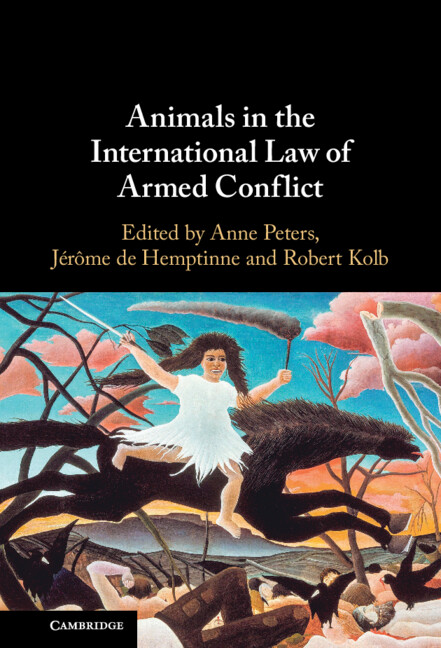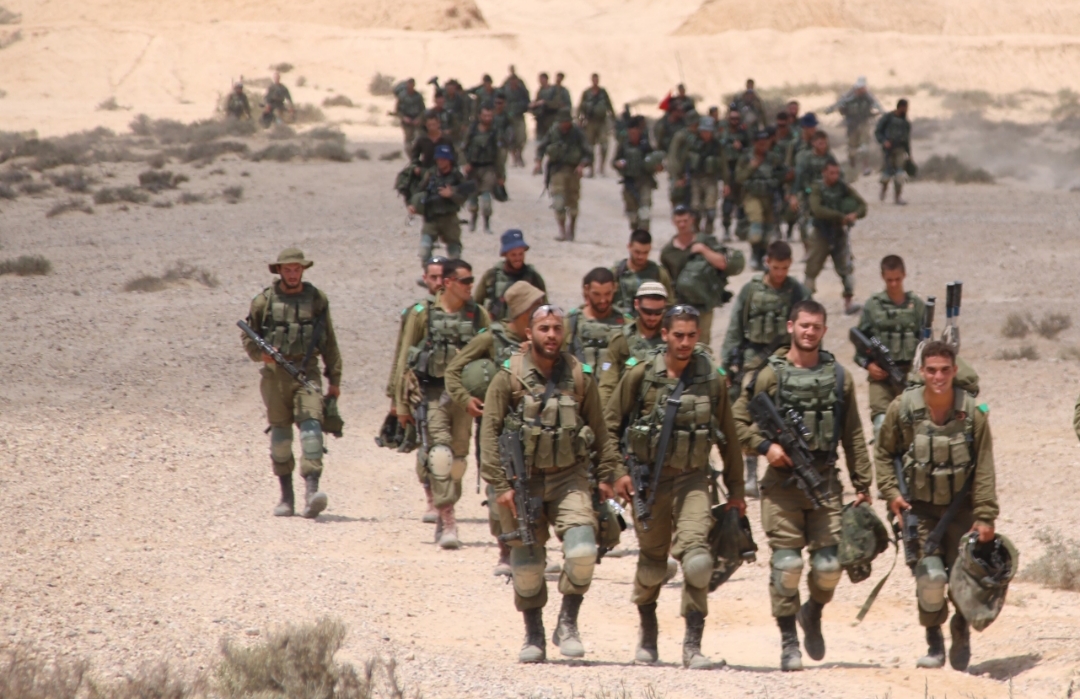

Other terrorists are covered by international human rights law (IHRL), which is essentially a law enforcement legal construct. Not every terrorist is targetable under LOAC (sometimes called International Humanitarian Law or IHL) which is limited to conflicts of sufficient scope and intensity and scope to warrant treatment under a “war” legal regime. Specifically, the professor appears to think that killing an individual combatant in an armed conflict is an illicit “assassination.” That’s a misunderstanding. I agree with Professor Carter on that point (and will discuss it a bit more below), but right now I want to clarify any issues about the law of armed conflict (LOAC) and the raid. Carter said the decision “seems” to be the right interpretation of the Freedom of Information Act. That organization sought the release of five legal opinions rendered by various government attorneys about the Bin Laden raid. The context of Professor Carter’s op-ed was a January 25 th decision by the Court of Appeals for the District of Columbia Circuit which affirmed a grant of summary judgement against Judicial Watch. To be clear, an otherwise lawful wartime mission is not rendered improper simply because the orders call for the killing of an individual combatant who is properly targetable under the law of armed conflict. Professor Carter suggested that legality turned on “whether the mission orders were to capture or to kill” Bin Laden, and indicated concern about the propriety of the raid “if the mission orders were indeed to kill.” There is no reason for his fretting: the raid was fully legal.

Navy SEALS that killed Osama Bin Laden in Abbottabad, Pakistan in 2011. In a January 25th op-ed posted on Bloomberg, Yale Law professor Stephen Carter raised issues about the lawfulness of the raid by U.S.


 0 kommentar(er)
0 kommentar(er)
